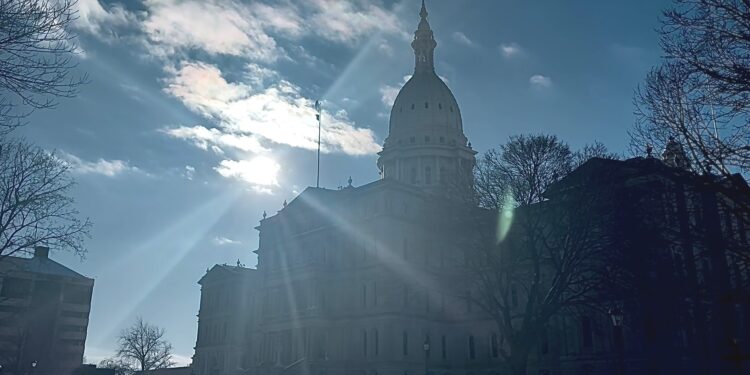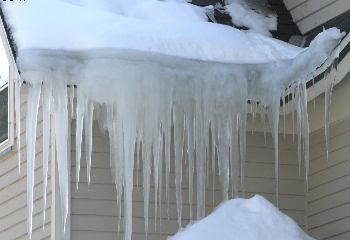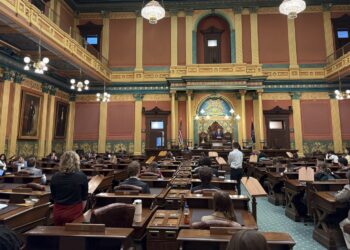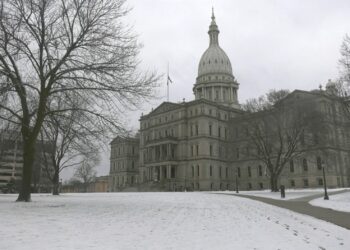LANSING, Mich. (WZMQ) – With just a month left in the term, Michigan Senators say they are focused on creating a framework for building carbon capture facilities in the state.
A new coalition called Michigan Safe Utilization of Carbon Capture for Environmental & Economic Success (MI SUCCESS) is pushing lawmakers to address the bills before the winter holidays. The authors said it’s a conversation they would like to prioritize, but it’s one of many topics they hope to address in just a few weeks.
The bills introduced to Michigan’s Senate lay out the process developers will need to follow to build carbon capture facilities. Lawmakers have worked with Michigan’s Department of Environment, Great Lakes, and Energy, the Michigan Public Service Commission, the Department of Natural Resources, and the Nature Conservancy to make sure the regulations drafted meet the highest standards possible.
Under Michigan’s Healthy Climate Plan, Governor Whitmer has set a 100% carbon neutrality goal for 2050. Since it was passed in 2022 lawmakers have been working on legislation to help meet that goal.
The process of carbon capture usually involves either an open or a closed system. An open system pulls CO2 from the ambient air, while a closed system pulls the carbon directly from a concentrated source like a power plant. Once the CO2 is captured, it’s condensed into a liquid version of CO2 which can then be stored more reliably.
Autumn Haagsma, the Director of the Geological Repository for Research and Education at Western Michigan University said Michigan has a unique geology, allowing for multiple kinds of carbon capture, utilization, and storage (CCUS). Haagsma explained Michigan is home to saline reservoirs that contain undrinkable water, depleted oil and gas fields, and basalt fields in the Upper Peninsula. All three are geological features that can be used to store CO2. Early land surveys have shown enough space is available to store at least 70 billion tons. Geologists also look for areas where the carbon can be stored 2600ft or deeper so that it can’t contaminate drinking water or leak back into the atmosphere.
A main concern of climate activists is the possible destruction of land and resources while attempting to build CCUS facilities. Basalt storage is being considered across the Upper Peninsula where the volcanic rock is abundant. Durring a press conference, researchers addressed those concerns. Richard Bowman, the director of policy at The Nature Conservancy said public input is made a priority in the legislation, so concerns can be addressed from project to project. Haagsma said they work with Michigan Technological University to survey the land and ensure its best use.
“We may all agree that we want carbon capture and storage, but the specifics of any given project, I suspect there may be disagreement on depending on what it is and where it is,” Bowman said. “It’s a potential concern. It’s not a reason to not go forward with this package of legislation.”
Illinois, Wisconsin, and Pennslyvania have already passed similar laws to help developers looking to build carbon capture facilities.
Michigan’s bills would also allocate revenue sources to state environmental programs, and into funds that will continue to pay for the monitoring of well sights. The framework includes everything from education on carbon capture, land owner input, the permitting process, operating procedure, and the closure process that requires facilities to be monitored closely to ensure safe storage.










